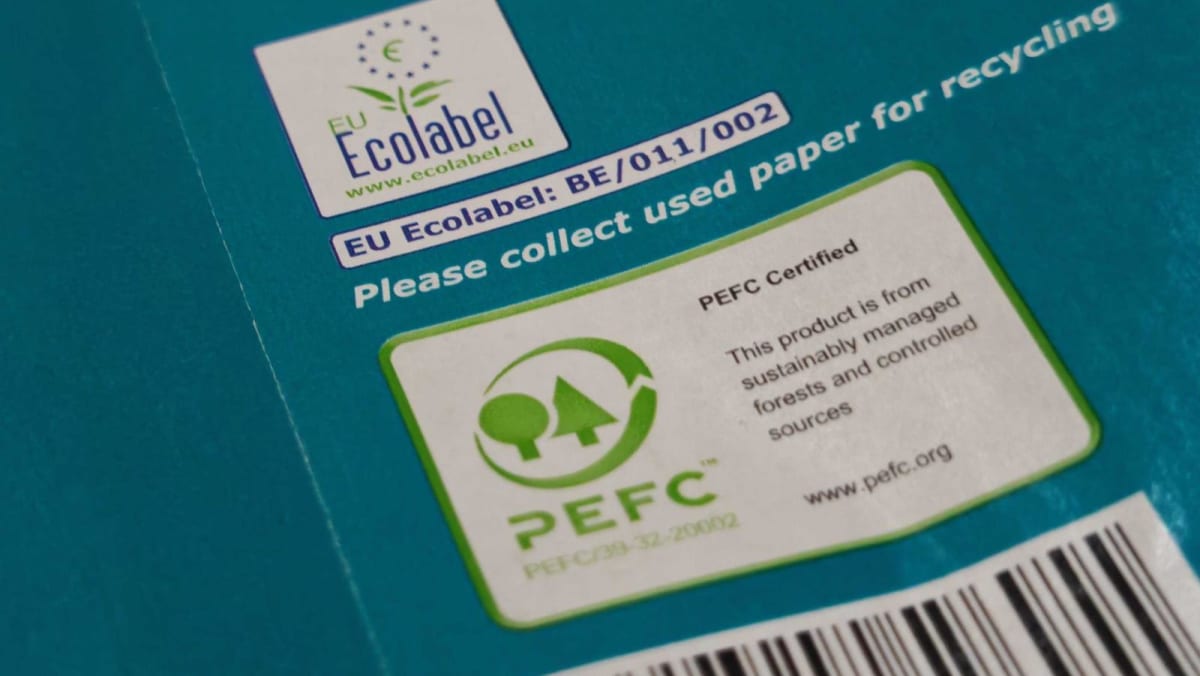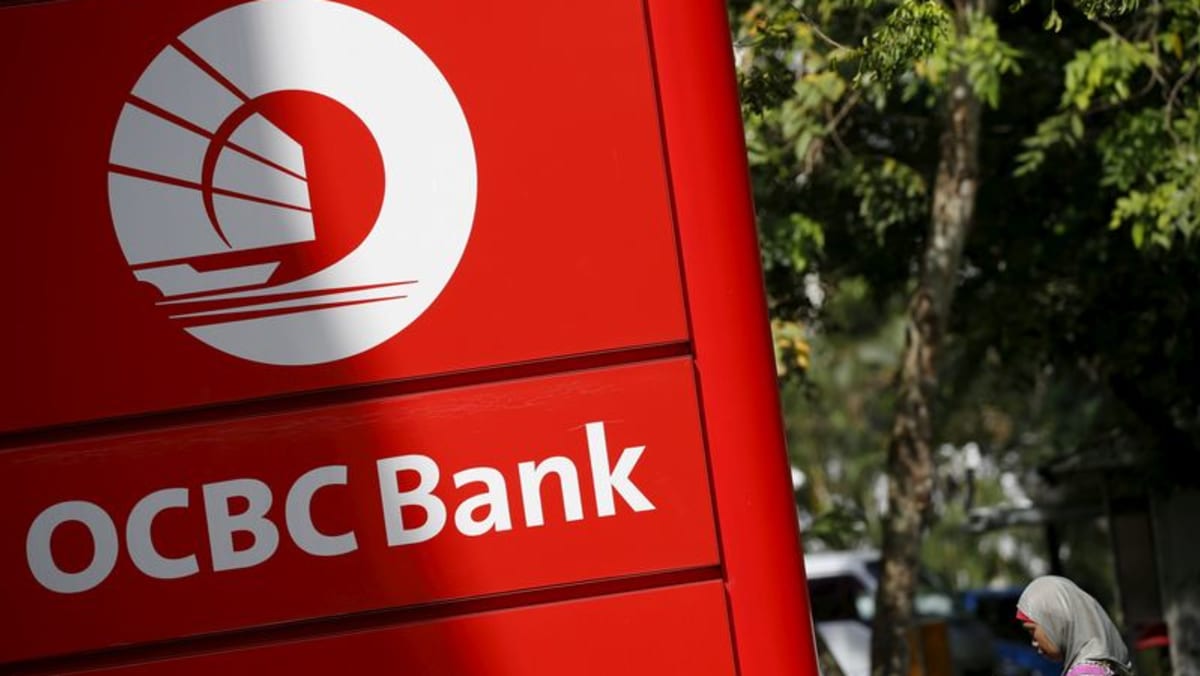What’s the main issue with greenwashing?
A survey on greenwashing in marketing claims, published in November by NUS Business School, found that more than half of online product claims came without adequate evidence.
NUS’ Prof Loh, one of the academics behind this Competition and Consumer Commission of Singapore-funded study, said some businesses were capitalisating on the pressure or responsibility put on consumers to go green.
“Therefore they appeal to them (through claims of environmental sustainability) and make use of the situation to increase their revenue,” he said.
Unsubstantiated “green” claims give companies an unfair advantage over competitors, said NTU’s Assoc Prof Law.
“When presented with two identical products or investment opportunities, consumers and investors are more likely to choose the one with green labels such as ‘certified green’ or ‘100 per cent natural’, even if the claims are not genuine,” he said.
He noted it was often impossible for consumers and investors to verify the authenticity of environmental claims without extensive effort, time, and resources.
“Just as we hold medical products and services accountable for false claims, we should do the same for environmental claims.
“This helps level the playing field for companies that are truly committed to sustainability and prevents consumers and investors from being misled by greenwashing tactics,” he added.











.jpg?itok=mOuYZcub)

